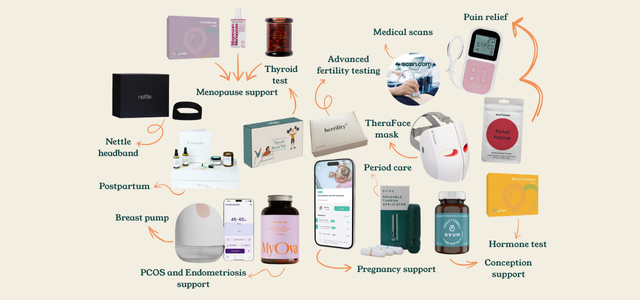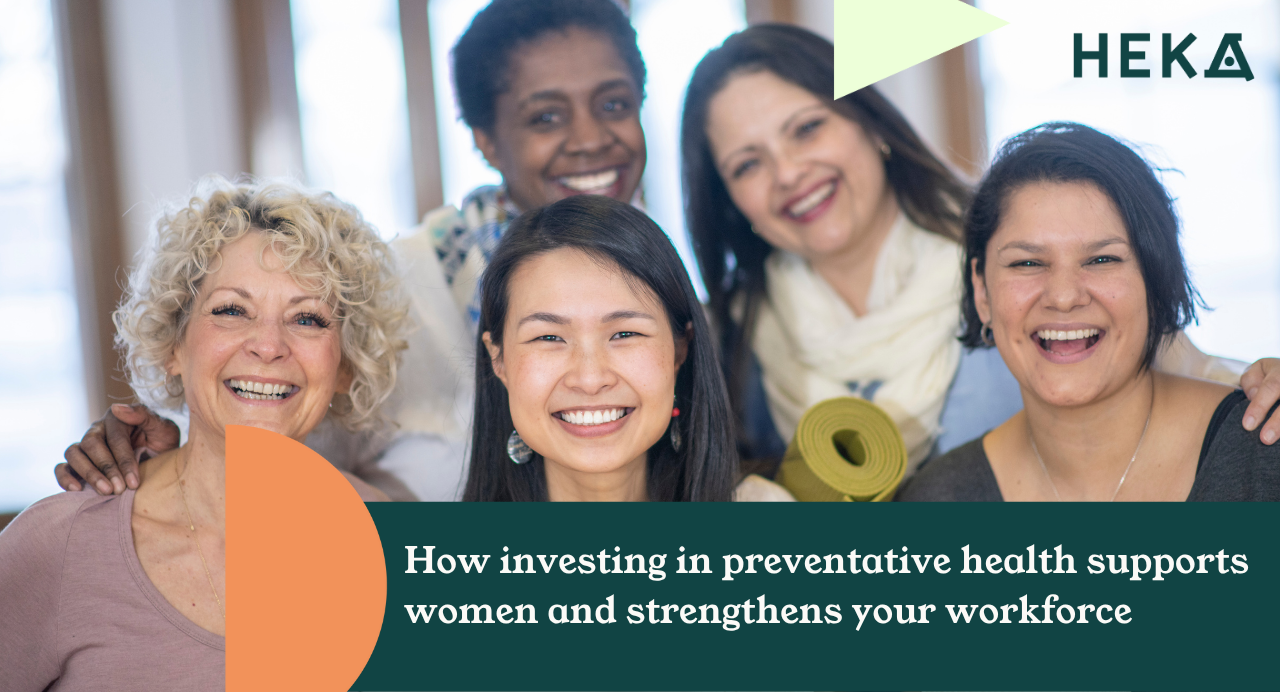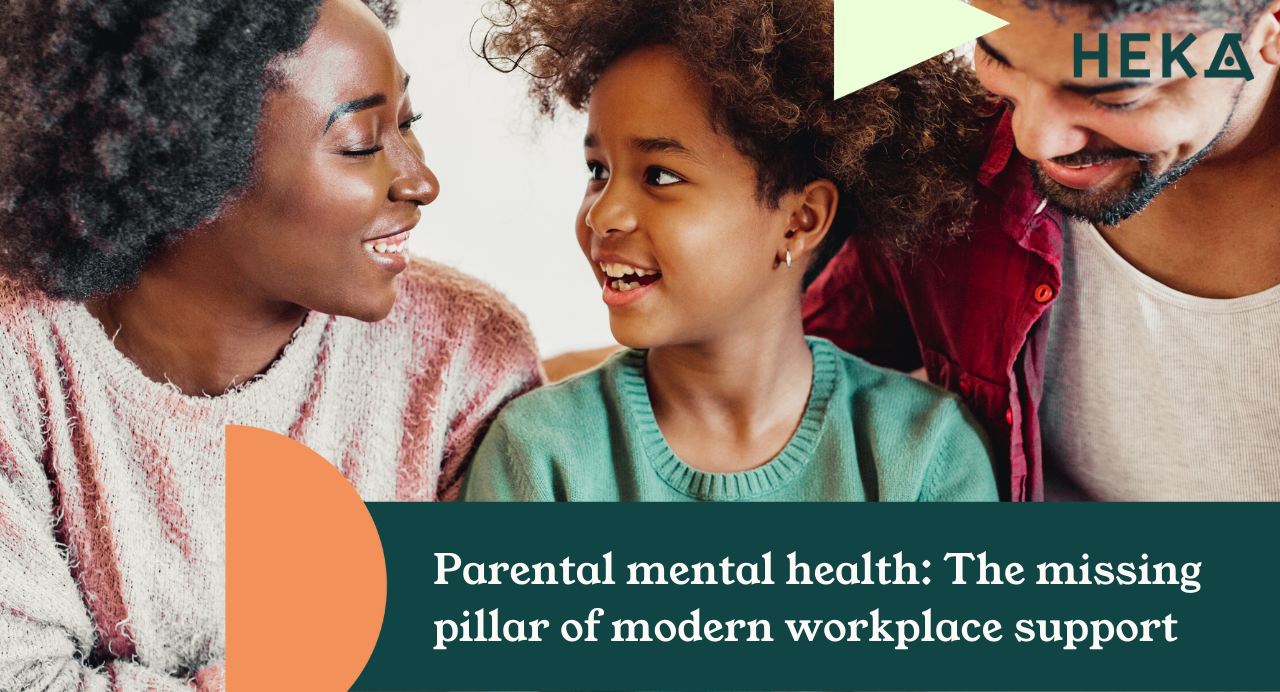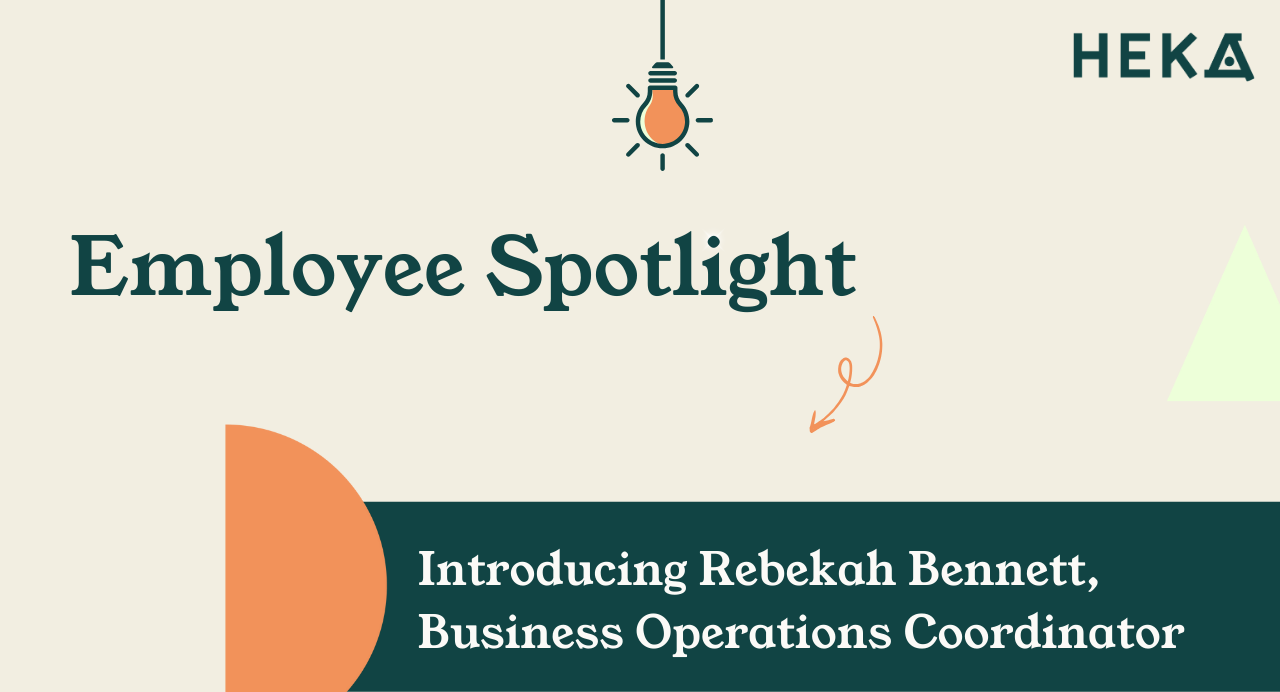A quick summary:
Preventative health isn’t a “nice-to-have” anymore - it’s a business-critical strategy. Organisations that continue to rely on reactive wellbeing measures are not only failing their people - they’re also bleeding productivity, morale, and talent.
This is especially clear when it comes to women’s health.
Menopause, endometriosis, PCOS, fertility struggles, and hormonal imbalances are not niche issues; they affect millions of women in the workforce every day. Yet in most workplaces, these challenges go unsupported until they become full-blown crises. That’s not only unsustainable - it’s costly.
Preventative health is about recognising the signs early, supporting people consistently, and acting before small challenges spiral into burnout, absences, or resignation. When done right, it reduces pressure on individuals, boosts long-term performance, and builds cultures of trust and inclusion.
If you want a resilient, high-performing workforce, you have to start upstream. And women’s health is one of the clearest places to begin.
The reality in most workplaces
Let’s take menopause.
- 1 in 10 women in the UK have left a job due to menopause symptoms
- 13% are currently considering it
- Yet 90% of workplaces still don’t offer any formal menopause support
And menopause is just one part of the picture. Countless women are navigating period pain, endometriosis, postpartum depression, fertility issues, thyroid conditions, and more - all while trying to stay focused, productive, and present at work.
The problem isn’t the health conditions themselves.
It’s the silence. The stigma. And the lack of early, preventative support.
What does preventative health support actually look like?
Preventative doesn’t have to mean complex. In fact, the most effective strategies are simple, consistent, and embedded into everyday culture. For women’s health, this can include:
- Hormone testing and menopause-specific care
- Fertility and conception counselling
- Access to pain relief, scans, and diagnostics for endometriosis or PCOS
- Postpartum and mental health support
- Peer communities to reduce isolation
- Manager training to handle sensitive health conversations with confidence
These aren't perks. They’re the basics of a modern, inclusive employee wellbeing platform.

Why it pays to act early
When organisations wait until someone is already struggling, the costs add up fast - in sick days, lost productivity, disengagement, and ultimately, turnover. The good news? Investing in preventative health works. It supports performance, drives retention, and helps your people feel seen and supported before they reach crisis point.
Preventative health is a win-win: it protects employee wellbeing while strengthening your business.
This is bigger than women’s health
While women’s health highlights the need for change, a preventative approach benefits everyone. Whether it’s addressing stress before burnout, identifying chronic pain early, or supporting mental health through life transitions; proactive care should be the default, not the exception.
It’s time to lead, not lag behind
If your organisation isn’t actively supporting women’s health, you're not just behind, you're missing a clear opportunity to lead with empathy, strategy, and impact.
Forward-thinking companies are already investing in hormone health, fertility support, postpartum care, and preventative solutions tailored to real-life needs. At Heka, we make this accessible by offering a platform that connects your team with trusted preventative health options - before they burn out, opt out, or drop out of the workforce entirely. (And yes, everything in that image is available on Heka)
Preventative support doesn’t have to be everything all at once - but it does have to start now.
Because the future of workplace wellbeing isn’t reactive. It’s early, inclusive, and continuous.
Join our free webinar to explore the ROI of preventative health benefits.






